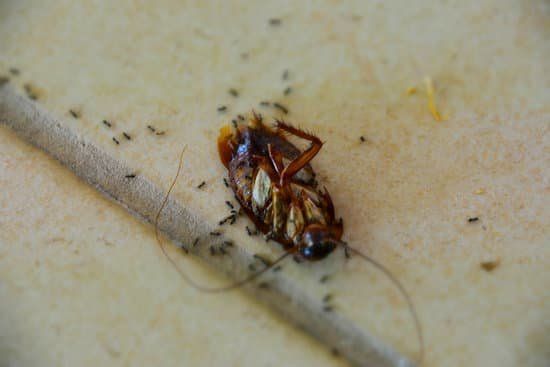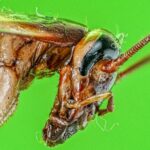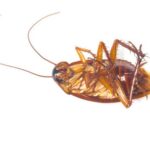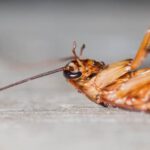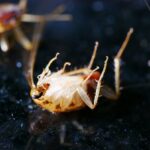How Do Cockroaches Spread Disease?
Cockroaches are a serious threat to our health because they can transmit various diseases. Despite their small size, cockroaches can carry various diseases because of their ability to spread germs and infectious particles from their feces and saliva. Cockroaches are also capable of transmitting certain kinds of asthma and other respiratory conditions.
Cockroaches are also known to carry cholera bacteria, which can be spread to humans by inhaling their feces and vomit. The resulting infection usually improves within three to five days but can lead to more serious complications if left untreated. Cholera is a serious diarrhoeal infection that is common in developing countries and areas with poor sanitation. It can be life-threatening and can cause high fever.
Cockroaches are also linked to asthma, a serious chronic respiratory disease that affects almost 25 million Americans and 7 million children. Fortunately, proper medical care and management of environmental triggers can help control the condition. In addition to their ability to transmit diseases, cockroaches also spread allergens. This may cause allergic reactions and rhinitis in some people.
Cockroaches can carry diseases from other areas. They will often carry these germs into homes, and they can contaminate countertops, water, and food items. Cockroaches are also known to transmit viruses and bacteria that can cause respiratory infections and bronchitis. If they are not caught in time, they can even trigger asthma attacks.
